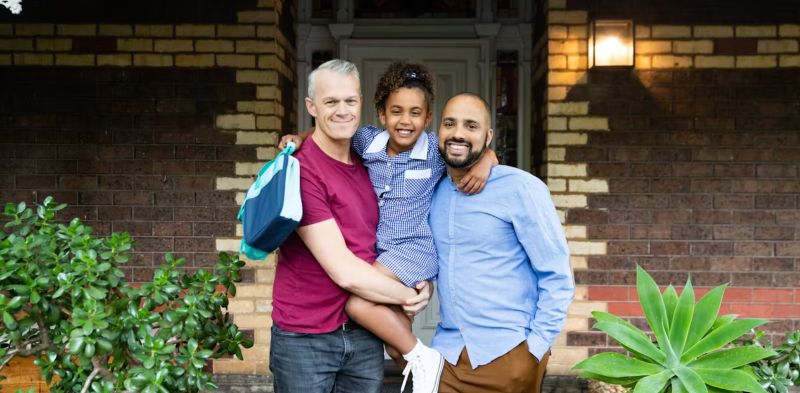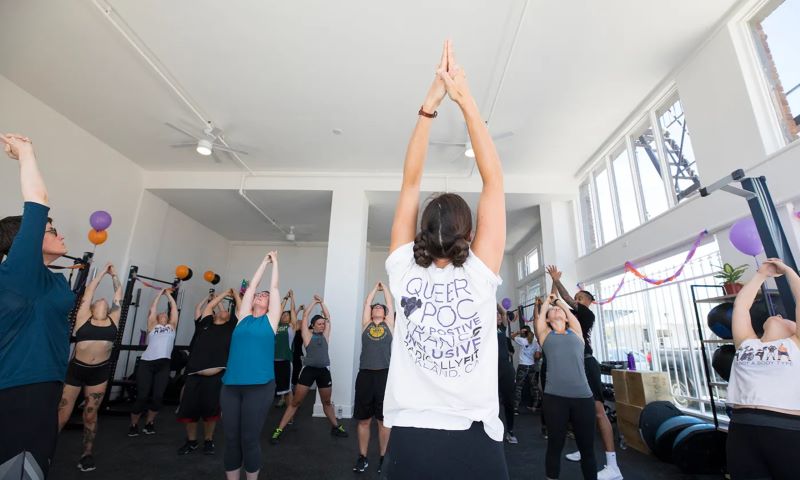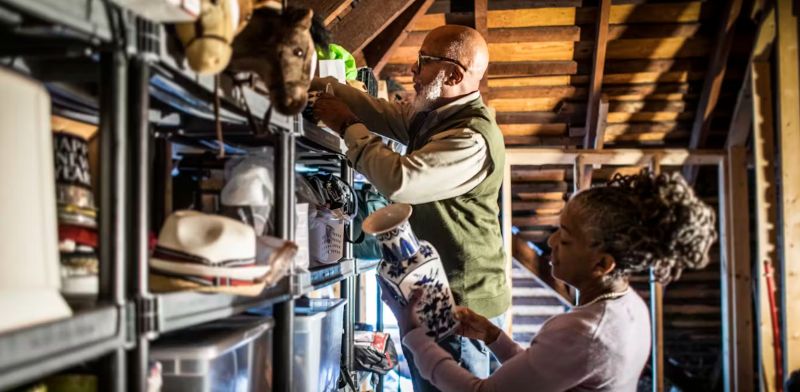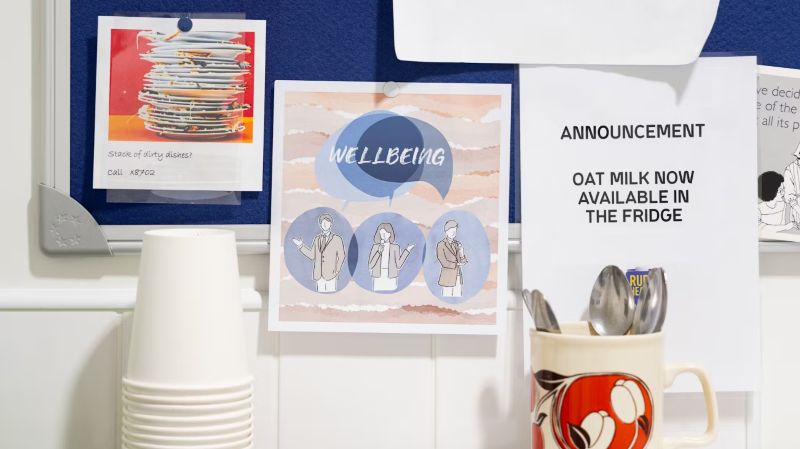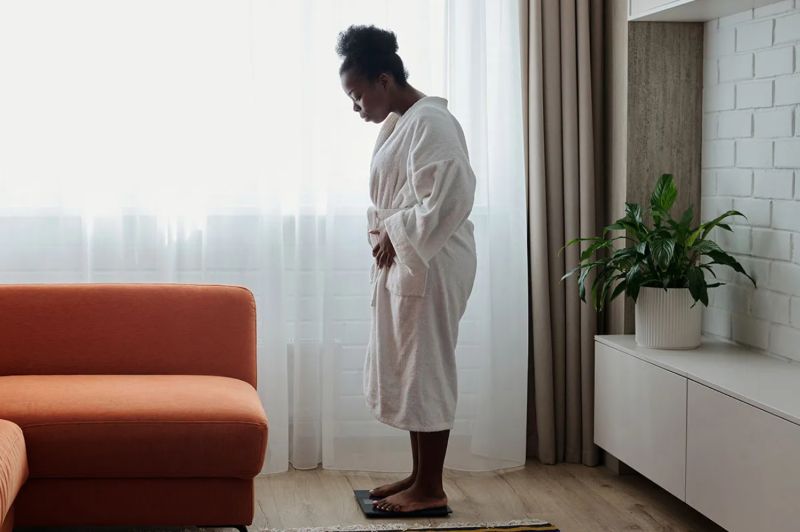
A new memoir explores why it’s OK to be uncertain about your identity at any age.

By Leigh Finke
Writer, media producer, and editor
Discovering a queer identity in one’s late 20s is pretty rare these days. LGBTQ+ folks are coming out earlier with each generation. One study conducted by Tel Aviv University researchers found that in 2010, the average gay, lesbian, or bisexual person came out at age 16, down from 25 in 1991.
The decline is encouraging. It demonstrates an increasing acceptance of LGBTQ+ people. But it also creates a curious scenario for people like Katie Heaney, author of Would You Rather: A Memoir of Growing Up and Coming Out. After years of trying to figure out why she couldn’t find a boyfriend, which she humorously explores in her debut book, Never Have I Ever, Heaney now describes what it was like coming out as gay at age 28. And in doing so she poses a question that many queer individuals often find themselves asking: What took so long?
Increased social acceptance and media representation has made coming out a safer prospect than in the past. Movies like Love, Simon are finding mainstream success in theaters. LGBTQ+ people fill prominent roles across all industries—from TV personality Caitlyn Jenner to activist DeRay McKesson and Apple CEO Tim Cook—showing that being gay needn’t be a barrier to success. A Stonewall poll found that individuals now 60 or older were 37 years old when they first came out, while those 24 and under were just 17.
Still, coming out at any age presents a series of life-altering challenges. Large areas of the U.S. remain sharply opposed to LGBTQ+ rights, and GLAAD’s 2018 annual Accelerating Acceptance report found that after decades of progress, public support for LGBTQ+ people actually declined for the first time last year.
Heaney’s book is of particular interest to me, arriving as it did shortly after I finally admitted to myself, then revealed to my loved ones, my own queer identity in my mid-30s. I recently spoke to her about her experience and asked what advice she has for others who might be on the verge of busting out of the closet late in life.
Christopher Zumski Finke: You were 28 years old when you came out. How did you cope with the realization that you didn’t know something so fundamental about your own identity for so long?
Katie Heaney: It was a struggle, and still is, to some extent. The more aware I become of the time that has gone by, and lost opportunity … knowing that there’s only so much time you have to work with and boundless, endless desire to do as much as possible and experience as much as possible. And some stuff you aren’t going to get to.
Zumski Finke: Did you go through a period of auditing your history, and did that give you a potential push to write a revisionist history of your life?
Heaney: I definitely had that impulse, especially early on, because when I finally came out and had what felt like concrete information finally, all I could think about was being gay and I was just obsessed with gayness all around, and wanted that to touch every part of my life. I wanted to bond with my new friends who would talk about the actresses they had crushes on when they were 6 or 7 years old. That’s not exactly how I experienced it. That doesn’t make my experience inferior, it just kind of goes to show how complex and nuanced sexuality can be.
Zumski Finke: You write about feeling particularly alone in your circumstance. How singular does your coming-out story feel to you today?
Heaney: I think it feels as unique to me as any person’s individual life is. I might be a little outside the mainstream as far as the pop culture narrative of coming out and being gay, but so are trans people, and so are people of color, and so are bisexual people, and so is basically anyone who isn’t a 14- or 15-year-old white boy. There are so many narratives that are yet to be told, and mine is just one shade of many of them.
Zumski Finke: You came out in 2015, which was right at the start of a new era of unfriendly-to-LGBTQ+ politics in the U.S. How has that shaped your coming out and situated you in the queer community, if at all?
Heaney: I guess the honest thing is that I still am surprised when there’s a new piece of legislation announced, and [I realize], “Oh yeah, that could potentially affect me, too.” There’s this weird, delayed identification. I’m a middle-class white woman who lives in a huge liberal city, and most of the things that come up just aren’t going to be a problem for me, and then it’s my job to be there and be vocal for those who are less privileged and who are younger, and are of color, and are gender nonconforming, because those are the people who are most at risk.
Zumski Finke: Your piece on how your “straight” clothes don’t fit anymore was a life preserver to me after I came out. It perfectly captured that sensibility of, not only do I not recognize these clothes, but I don’t recognize the person who wanted to put them on. Did you ever come back to that wardrobe?
Heaney: Not exactly. The sort of symbolic one I wrote about, the green dress, I did end up donating. To some extent I also think it’s about age, right? I’m in my 30s, so I’m not going to wear some of the super girlish things I wore when I was younger, but I did get past the point of feeling that I have to telegraph my identity with everything I wore. I just worked back around to wearing what I think is comfortable and that changes from season to season and with passing trends, like it does for anyone.
Zumski Finke: Do you have any advice for folks who are coming out later in life?
Heaney: I would say that if it’s certainty you’re waiting for, you’re probably going to die before you get it. You’re going to run out of time before you get there. And you don’t owe anyone an explanation for your identity. It’s okay to be honest about not knowing and not having it figured out. Identities sometimes change. You might identify super strongly as one thing now, and in 10 years it might be different. That’s true of a lot of things that don’t have to do with sexuality, so there’s no reason that sexuality can’t also be one of them.
Originally published by Yes! Magazine, 05.03.2018, under a Creative Commons Attribution-NonCommercial-NoDerivatives 4.0 International license.
